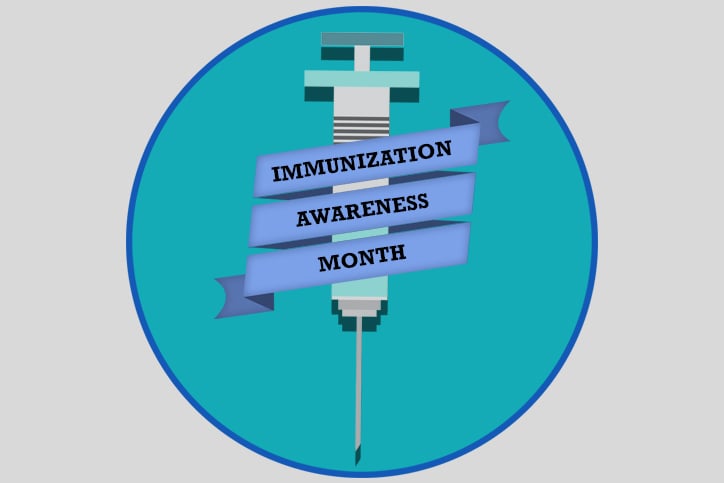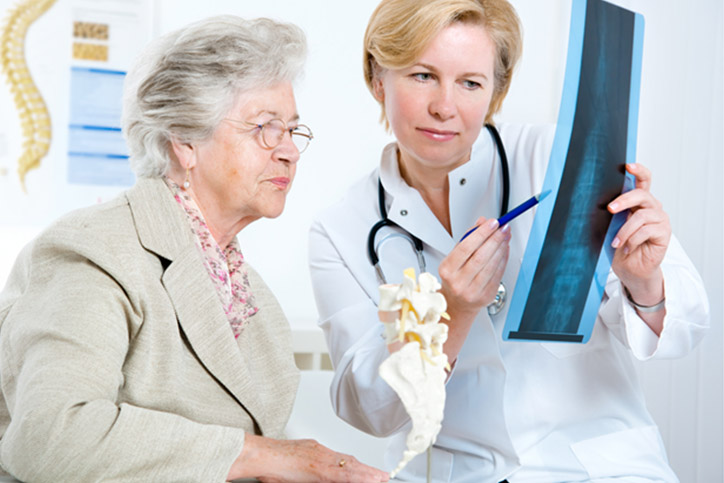
August is National Immunization Awareness Month (NIAM), an annual observance of the importance of vaccinations — which are especially critical during the busy back-to-school period and before the onset of flu season. But as a healthcare professional, you know it’s crucial to cultivate recognition for the value of immunizations all year round.










